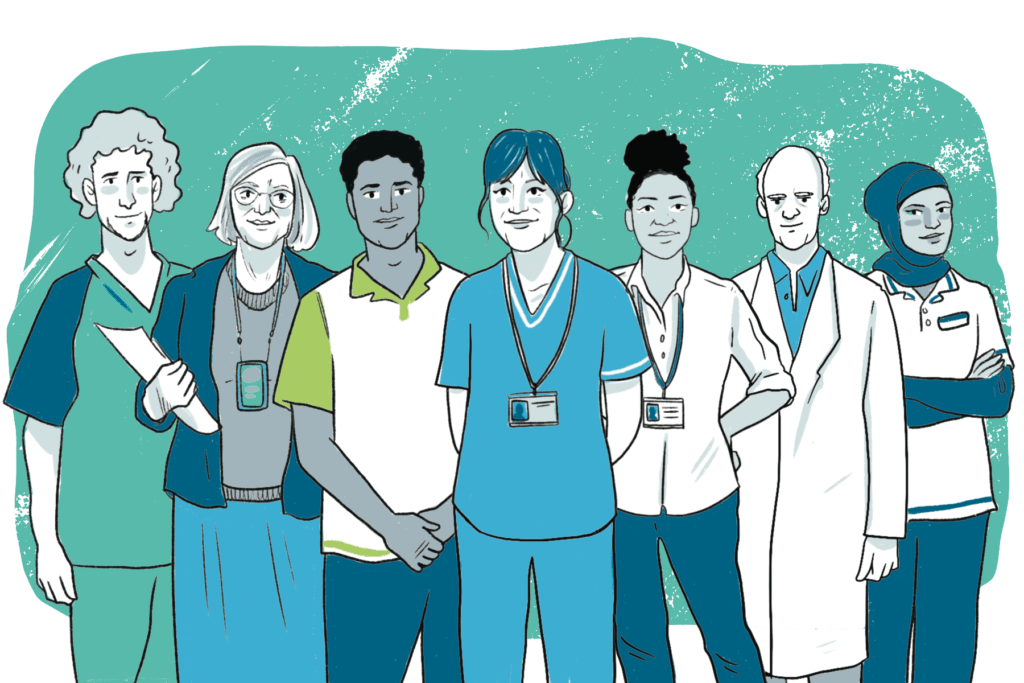How do you see the future of haemophilia nursing?
But the survey also included a number of free text boxes in which we invited your comments on the future of haemophilia care. Reflecting the current financial climate, many expressed fears for the future of haemophilia nursing. “It is getting harder to get appropriate banding for the work we do,” wrote one. “Education needs to be ongoing but with constraints on budgets Trusts are not seeing this as a priority,” said another.
“We need to keep moving forward or we will be overtaken by non-haemophilia work, as actual patient contact is reduced with home delivery and effective prophylaxis.” Already happening, said another, who noted that “Work loads are increasing in units where patients with thrombosis are treated and where there are wider Trust agendas. This is taking away from the role of the CNS and impinging on time available to care for patients with haemophilia and their families.”
Many survey respondents took the view that haemophilia nurses, as a group, were under threat. One said that “We need to support each other as specialist nurses – the current climate is diluting us.” Another noted that “some haemophilia nurses are extremely experienced and we need to look at how we are nurturing and sparking interest for junior nurses to learn about the roles available to them.” Taken together, these comments echo our rationale for setting up Haemnet nearly two years ago.
But the survey also revealed optimism for the future role of the haemophilia nurse within the multidisciplinary team: “There will be more opportunities for nurse-led clinics while at the same time being part of the multidisciplinary haemophilia team,” wrote one nurse. Another added, “We should continue to move away from a medical model. Most of the issues for families with haemophilia tend to be lifestyle issues or those that can best be managed by nurse specialists and allied health care professionals or medics from the rheumatology and orthopaedic teams.”
Towards the end of last year, we captured a conversation between Kate Khair and Kingsley Lawrence about the impact nurse-led care is having on the entire team.
Kingsley points out that providing the support necessary to produce fit, healthy, well-adjusted adults is valuable work, but can be difficult to quantify and justify to managers.
Nevertheless, the notion that haemophilia nurses should take on a more community-based role was reflected in the comments of many who responded to our survey, many of whom thought the changing nature of haemophilia treatments posed an opportunity. One nurse pointed out that “With less ‘hands on’ delivery of treatment it will be important to strengthen consultancy aspects with community and other care settings.” Another hoped that haemophilia nurses would follow the trail blazed by diabetes nurse specialists.
What do you make of their comments? What impact do you think this would have on haemophilia nurse training and development needs. We’re keen to hear your views, both at HNA this week and here on Haemnet.
Mike Holland is the founder of Haemnet and SixVibe. He is a freelance medical writer, editor and meeting organiser – find him at Google+ and Driftwood.


